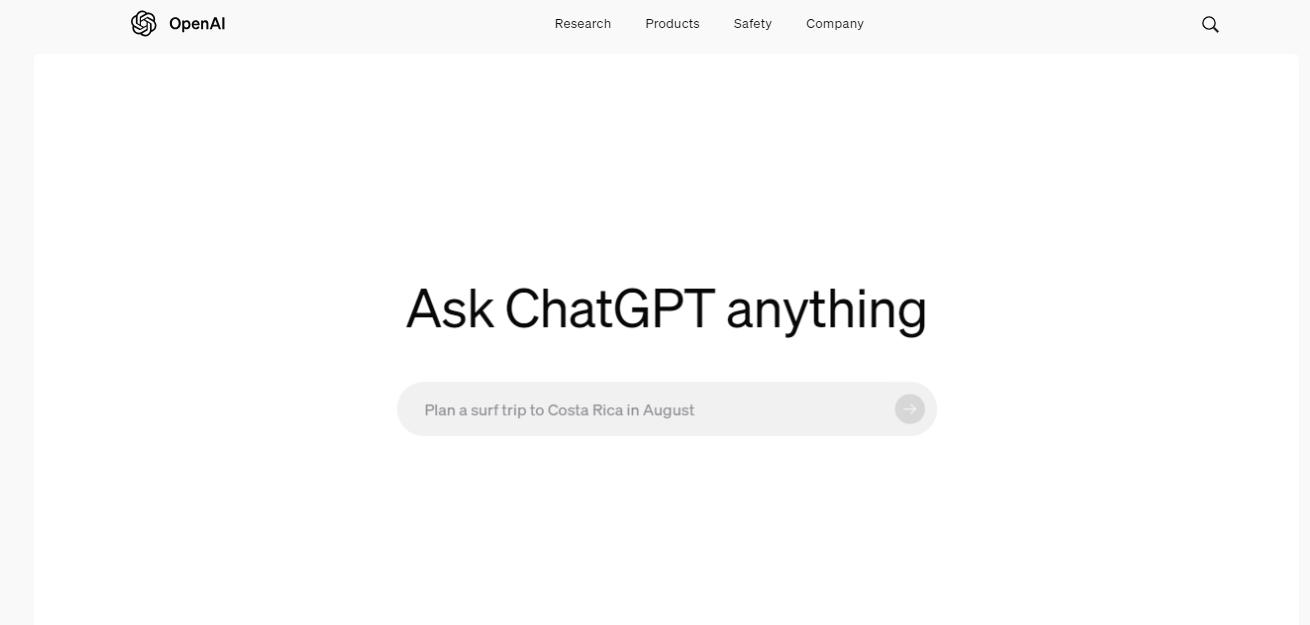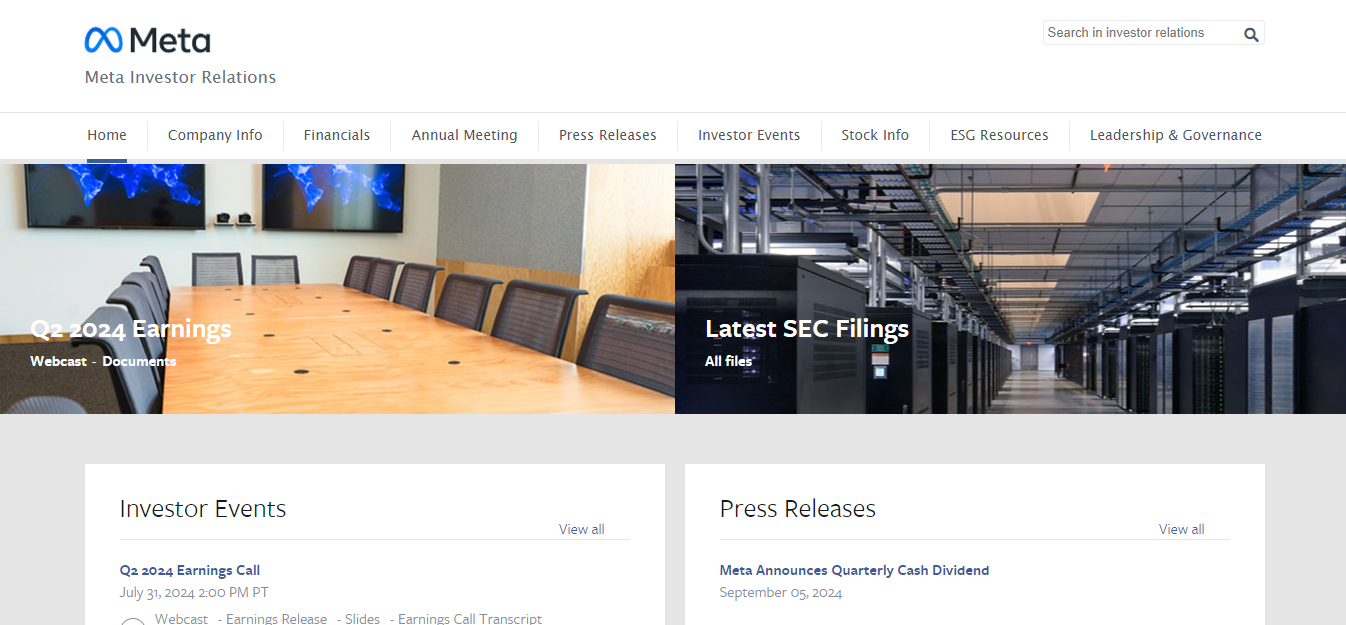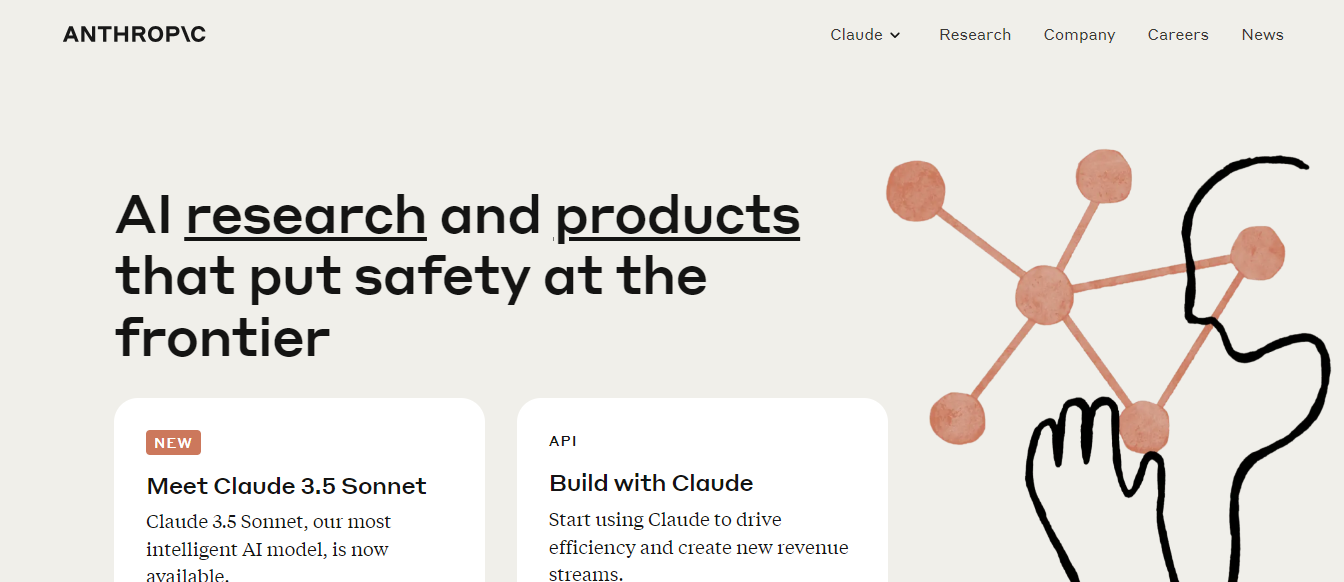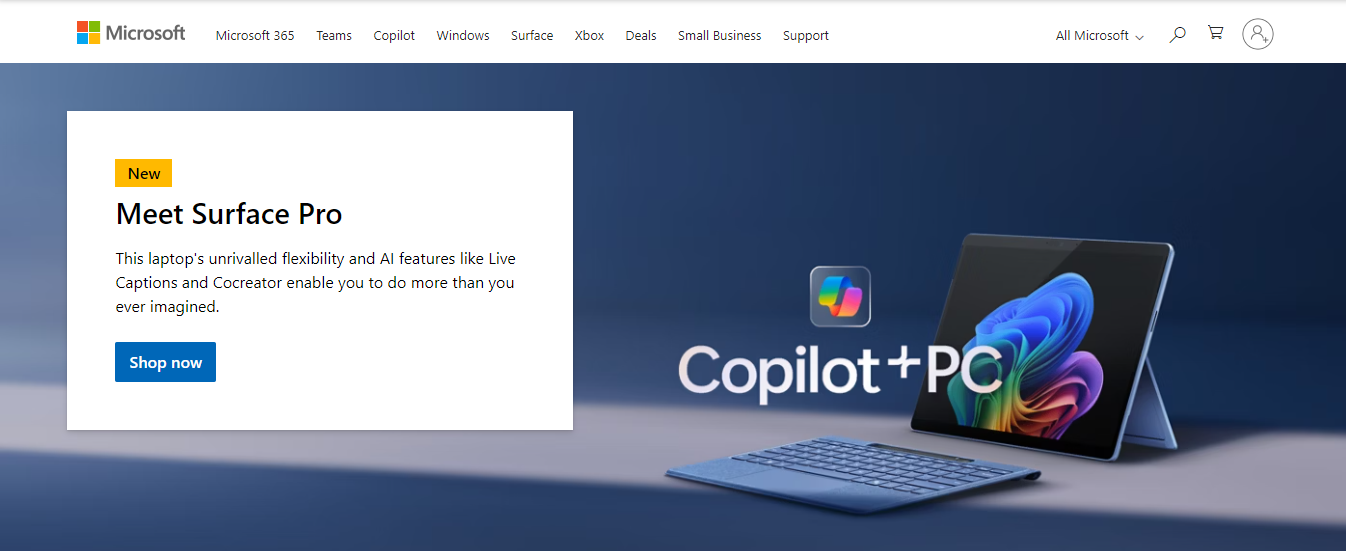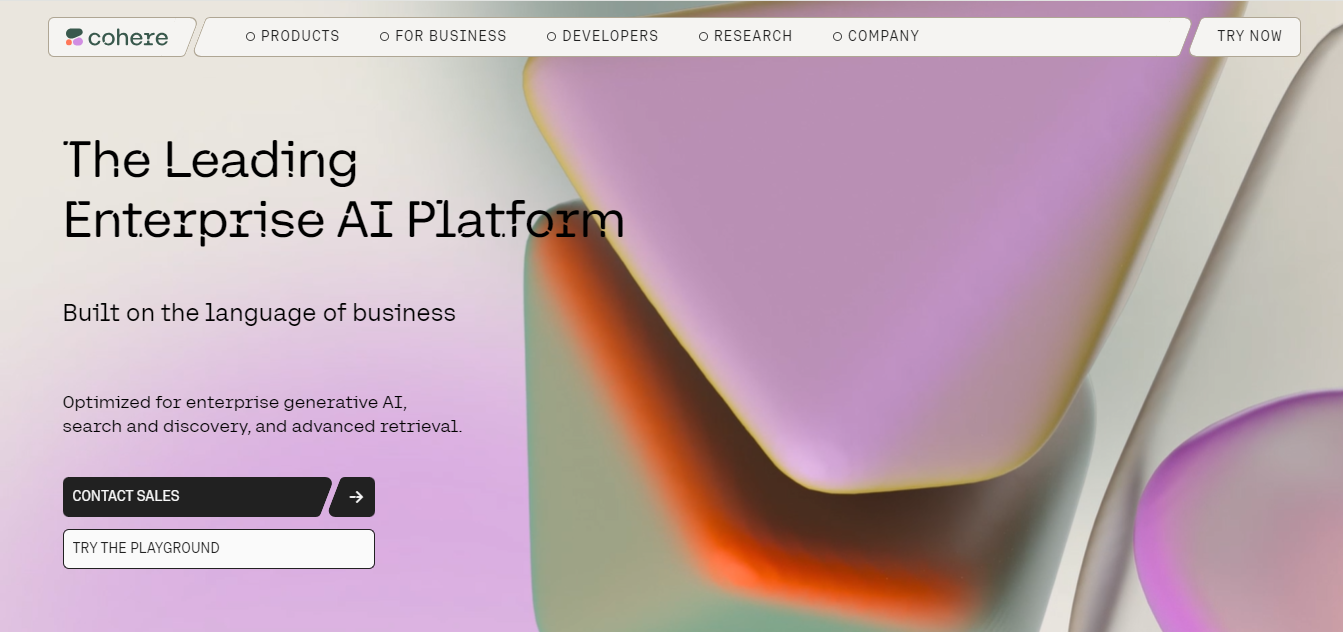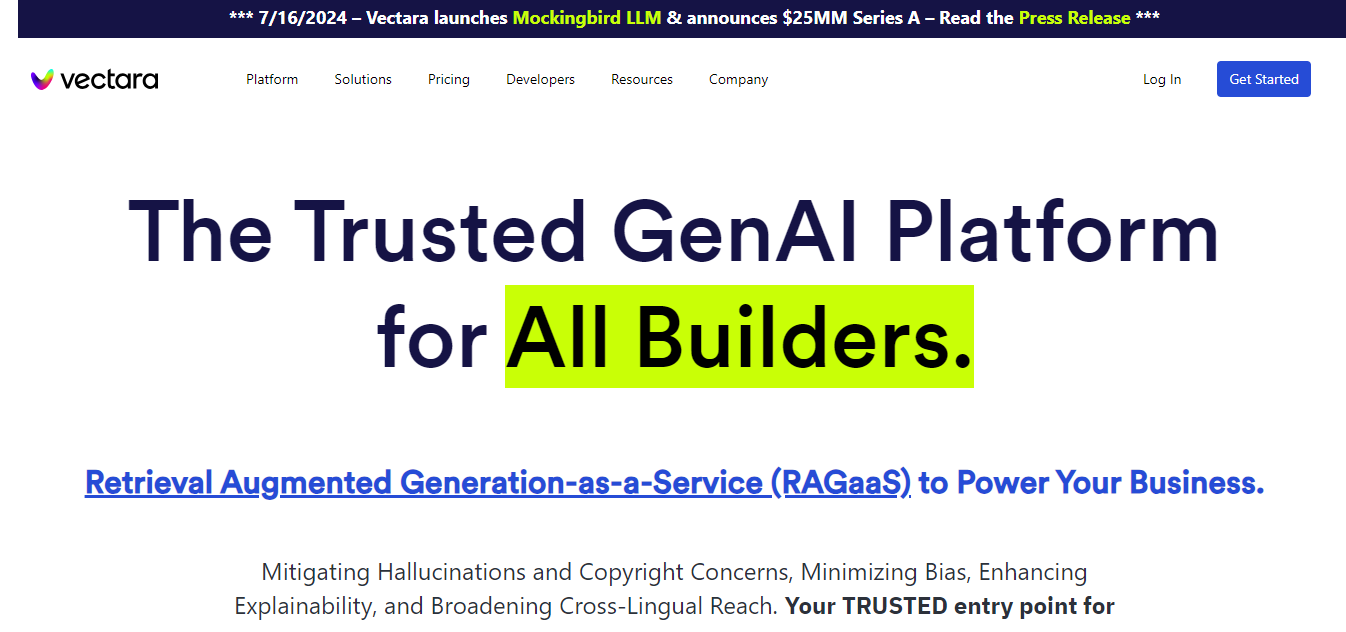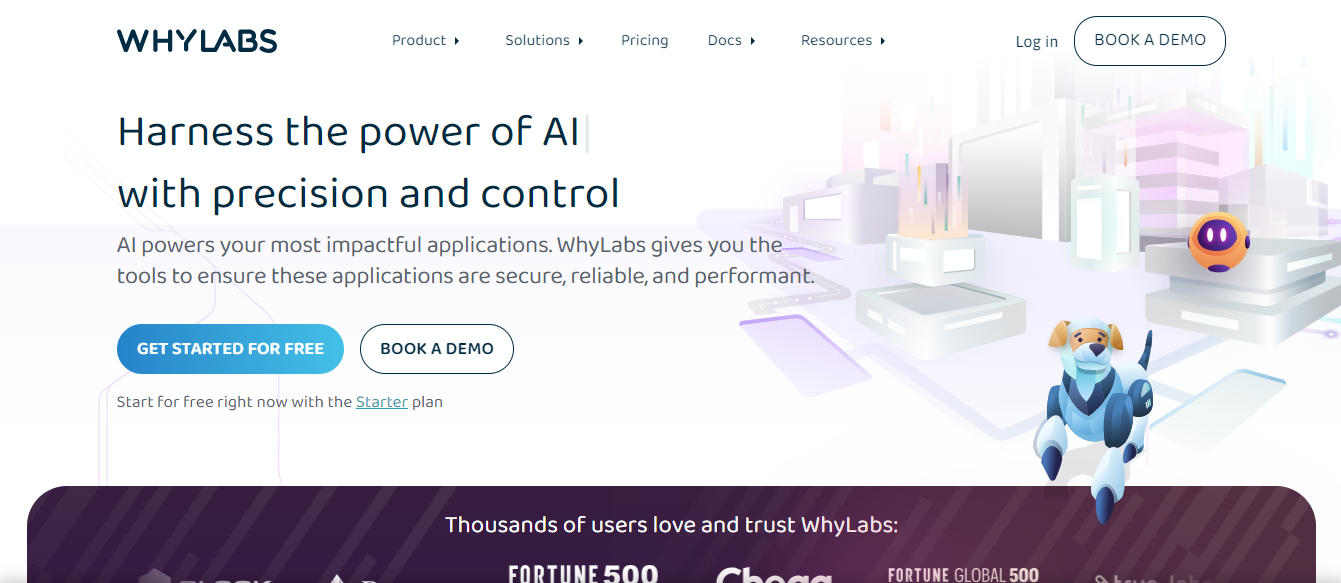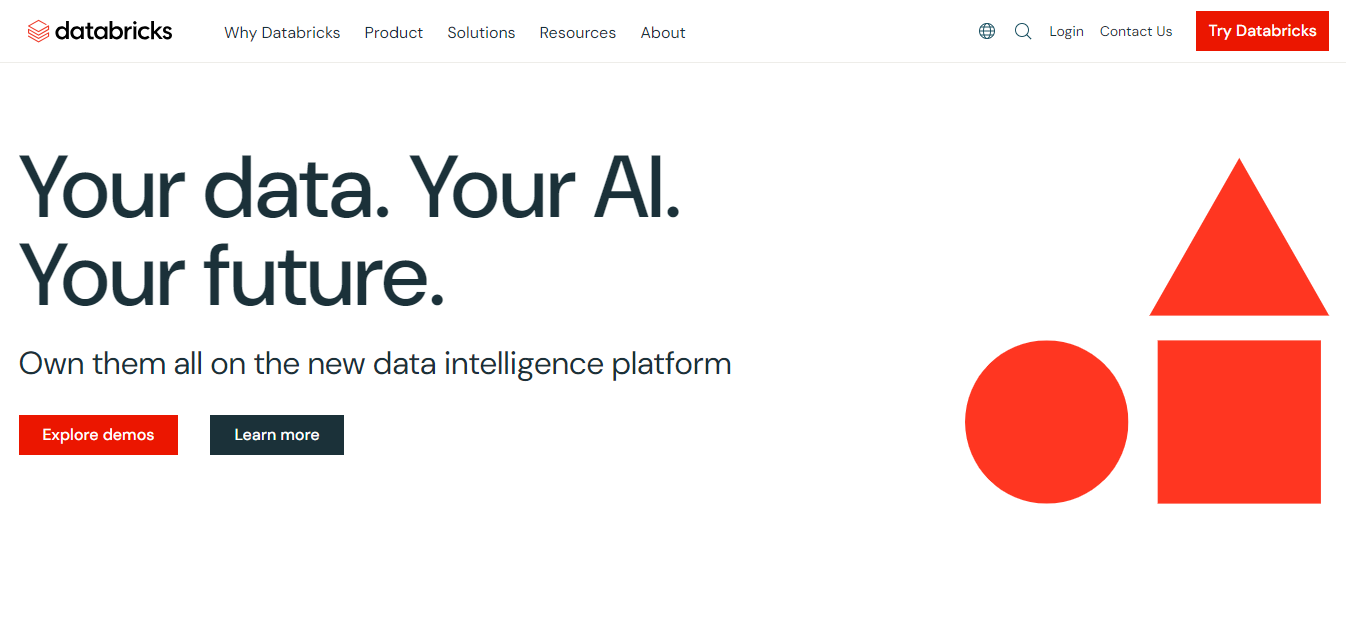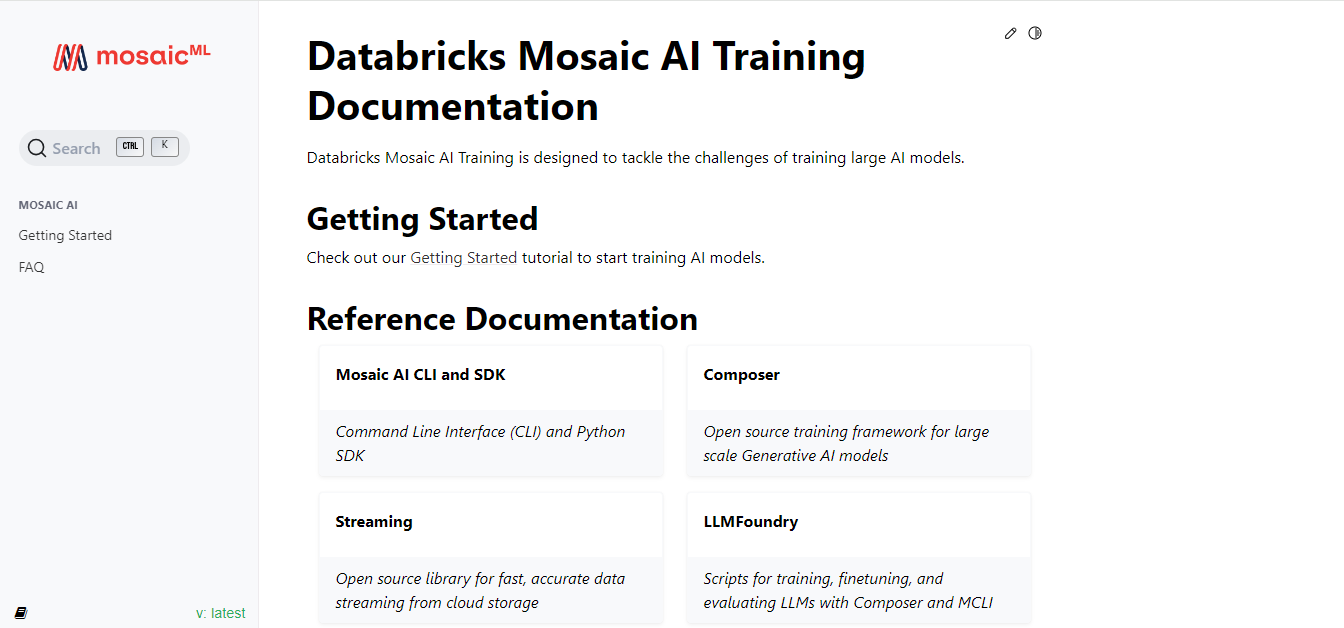Large language models (LLMs) have transformed the digital landscape for modern-day businesses. The benefits of LLMs have led to their increased integration into businesses. While you strive to develop a suitable position for your organization in today’s online market, LLMs can assist you in the process.
LLM companies play a central role in making these large language models accessible to relevant businesses and users within the digital landscape. As you begin your journey into understanding and using LLMs in your enterprises, you must explore the LLM ecosystem of today.
To help you kickstart your journey of LLM integration into business operations, we will explore a list of top LLM companies that you must know about to understand the digital landscape better.
What are LLM Companies?
LLM companies are businesses that specialize in developing and deploying Large Language Models (LLMs) and advanced machine learning (ML) models.
These AI models are trained on massive datasets of text and code, enabling them to generate human-quality text, translate languages, write different kinds of creative content, and answer your questions in an informative way.
The market today consists of top LLM companies that make these versatile models accessible to businesses. It enables organizations to create efficient business processes and ensure an enhanced user experience.
Let’s start our exploration with the biggest LLM companies in the market.
1. Open AI
In the rapidly evolving field of artificial intelligence, OpenAI stands out as a leading force in the LLM world. Since its inception, OpenAI has significantly influenced the AI landscape, making remarkable strides in ensuring that powerful AI technologies benefit all of humanity.
As an LLM company, it has made a significant impact on the market through flagship products, GPT-3.5 and GPT-4. These models have set new benchmarks for what is possible with AI, demonstrating unprecedented capabilities in understanding and generating human-like text.
With over $12 billion in equity raised, including a substantial $10 billion partnership with Microsoft, OpenAI is one of the most well-funded entities in the AI sector. This financial backing supports ongoing research and the continuous improvement of their models, ensuring they remain at the forefront of AI innovation.
OpenAI’s Contributions to LLM Development
Some prominent LLM contributions by Open AI include:
GPT-3.5 and GPT-4 Models
These are among the most advanced language models available, capable of performing a wide array of language tasks with high accuracy and creativity. GPT-4, in particular, has improved on its predecessor by handling more complex and nuanced instructions and solving difficult problems with greater reliability.
Here’s a comparative analysis of GPT-3.5 and GPT-4 models
ChatGPT
This AI-powered chatbot has become a household name, showcasing the practical applications of LLMs in real-world scenarios. It allows users to engage in natural conversations, obtain detailed information, and even generate creative content, all through a simple chat interface.
DALLE-3
An extension of their generative AI capabilities, DALLE-3 focuses on creating images from textual descriptions, further expanding the utility of LLMs beyond text generation to visual creativity.
Voice and Image Capabilities
In September 2023, OpenAI enhanced ChatGPT with improved voice and image functionalities. This update enables the model to engage in audio conversations and analyze images provided by users, broadening the scope of its applications from instant translation to real-time visual analysis.
Learn more about GPT-4o and its features
With these advancements, OpenAI leads in AI research and its practical applications, making LLMs more accessible and useful. The company also focuses on ethical tools that contribute to the broader interests of society. OpenAI’s influence in the LLM market is undeniable, and its ongoing efforts promise even more groundbreaking developments in the near future.
2. Google
Google has long been at the forefront of technological innovation in LLM companies, and its contributions to the field of AI are no exception. It has also risen as a dominant player in the LLM space, leading the changes within the landscape of natural language processing and AI-driven solutions.
The company’s latest achievement in this domain is PaLM 2, an advanced language model that excels in various complex tasks. It showcases exceptional capabilities in code and mathematics, classification, question answering, translation, multilingual proficiency, and natural language generation, emerging as a leader in the world of LLMs.
Google has also integrated these advanced capabilities into several other cutting-edge models, such as Sec-PaLM and Bard, further underscoring its versatility and impact.
Google’s Contributions to LLM Development
Google’s primary contributions to the LLM space include:
PaLM 2
This is Google’s latest LLM, designed to handle advanced reasoning tasks across multiple domains. PaLM 2 excels in generating accurate answers, performing higher translations, and creating intricate natural language texts. It is a more advanced version of similar large language models, like GPT.
Take a comparative lens to analyze PaLM 2 and Llama 2
Bard
As a direct competitor to OpenAI’s ChatGPT, Bard leverages the power of PaLM 2 to deliver high-quality conversational AI experiences. It supports various applications, including content generation, dialog agents, summarization, and classification, making it a versatile tool for developers.
Pathways Language Model (PaLM) API
Google has made its powerful models accessible to developers through the PaLM API, enabling the creation of generative AI applications across a wide array of use cases. This API allows developers to harness the advanced capabilities of PaLM 2 for tasks such as content generation, dialog management, and more.
Google Cloud AI Tools
To support the development and deployment of LLMs, Google Cloud offers a range of AI tools, including Google Cloud AutoML Natural Language. This platform enables developers to train custom machine learning models for natural language processing tasks, further broadening the scope and application of Google’s LLMs.
By integrating these sophisticated models into various tools and platforms, Google enhances the capabilities of its own services and empowers developers and businesses to innovate using state-of-the-art AI technologies. The company’s commitment to LLM development ensures that Google remains a pivotal player in the market.
3. Meta
Meta, known for its transformative impact on social media and virtual reality technologies, has also established itself among the biggest LLM companies. It is driven by its commitment to open-source research and the development of powerful language models.
Its flagship model, Llama 2, is a next-generation open-source LLM available for both research and commercial purposes. Llama 2 is designed to support a wide range of applications, making it a versatile tool for AI researchers and developers.
One of the key aspects of Meta’s impact is its dedication to making advanced AI technologies accessible to a broader audience. By offering Llama 2 for free, Meta encourages innovation and collaboration within the AI community.
This open-source approach not only accelerates the development of AI solutions but also fosters a collaborative environment where researchers and developers can build on Meta’s foundational work.
Meta’s Contributions to LLM Development
Leading advancements in the area of LLMs by Meta are as follows:
Llama 2
This LLM supports an array of tasks, including conversational AI, NLP, and more. Its features, such as the Conversational Flow Builder, Customizable Personality, Integrated Dialog Management, and advanced Natural Language Processing capabilities, make it a robust choice for developing AI solutions.
Read more about Llama 3.1 – another addition to Meta’s Llama family
Code Llama
Building upon the foundation of Llama 2, Code Llama is an innovative LLM specifically designed for code-related tasks. It excels in generating code through text prompts and stands out as a tool for developers. It enhances workflow efficiency and lowers the entry barriers for new developers, making it a valuable educational resource.
Generative AI Functions
Meta has announced the integration of generative AI functions across all its apps and devices. This initiative underscores the company’s commitment to leveraging AI to enhance user experiences and streamline processes in various applications.
Scientific Research and Open Collaboration
Meta’s employees conduct extensive research into foundational LLMs, contributing to the scientific community’s understanding of AI. The company’s open-source release of models like Llama 2 promotes cross-collaboration and innovation, enabling a wider range of developers to access and contribute to cutting-edge AI technologies.
Hence, the company’s focus on open-source collaboration, coupled with its innovative AI solutions, ensures that Meta remains a pivotal player in the LLM market, driving advancements that benefit both the tech industry and society at large.
4. Anthropic
Anthropic, an AI startup co-founded by former executives from OpenAI, has quickly established itself as a significant force in the LLM market since its launch in 2021. Focused on AI safety and research, Anthropic aims to build reliable, interpretable, and steerable AI systems.
The company has attracted substantial investments, including a strategic collaboration with Amazon that involves up to $4 billion in funding.
Anthropic’s role in the LLM market is characterized by its commitment to developing foundation models and APIs tailored for enterprises looking to harness NLP technologies. Its flagship product, Claude, is a next-generation AI assistant that exemplifies Anthropic’s impact in this space.
The LLM company’s focus on AI safety and ethical considerations sets it apart, emphasizing the development of models that are helpful, honest, and harmless. This approach ensures that their LLMs produce outputs that are not only effective but also aligned with ethical standards.
Anthropic’s Contributions to LLM Development
Anthropic’s primary contributions to the LLM ecosystem include:
Claude
This AI assistant is accessible through both a chat interface and API via Anthropic’s developer console. Claude is highly versatile, supporting various use cases such as summarization, search, creative and collaborative writing, question answering, and even coding.
It is available in two versions: Claude, the high-performance model, and Claude Instant, a lighter, more cost-effective, and faster option for swift AI assistance.
Read more about Claude 3.5 Sonnet – An AI marvel by Anthropic
Ethical AI Development
Anthropic’s research emphasizes training LLMs with reinforcement learning from human feedback (RLHF). This method helps in producing less harmful outputs and ensures that the models adhere to ethical standards.
The company’s dedication to ethical AI development is a cornerstone of its mission, driving the creation of models that prioritize safety and reliability.
Strategic Collaborations
The collaboration with Amazon provides significant funding and integrates Anthropic’s models into Amazon’s ecosystem via Amazon Bedrock. This allows developers and engineers to incorporate generative AI capabilities into their work, enhancing existing applications and creating new customer experiences across Amazon’s businesses.
As Anthropic continues to develop and refine its language models, it is set to make even more significant contributions to the future of AI.
5. Microsoft
Microsoft is a leading LLM company due to its innovative projects and strategic collaborations. Its role in the LLM market is multifaceted, involving the development and deployment of cutting-edge AI models, as well as the integration of these models into various applications and services.
The company has been at the forefront of AI research, focusing on making LLMs more accessible, reliable, and useful for a wide range of applications. One of Microsoft’s notable contributions is the creation of the AutoGen framework, which simplifies the orchestration, optimization, and automation of LLM workflows.
Microsoft’s Contributions to LLM Development
Below are the significant contributions by Microsoft to LLM development:
AutoGen Framework
This innovative framework is designed to simplify the orchestration, optimization, and automation of LLM workflows. AutoGen offers customizable and conversable agents that leverage the strongest capabilities of the most advanced LLMs, like GPT-4.
It addresses the limitations of these models by integrating with humans and tools and facilitating conversations between multiple agents via automated chat.
LLMOps and LLM-Augmenter
Microsoft has been working on several initiatives to enhance the development and deployment of LLMs. LLMOps is a research initiative focused on fundamental research and technology for building AI products with foundation models.
LLM-Augmenter improves LLMs with external knowledge and automated feedback, enhancing their performance and reliability.
Integration into Microsoft Products
Microsoft has successfully integrated LLMs into its suite of products, such as GPT-3-powered Power Apps, which can generate code based on natural language input. Additionally, Azure Machine Learning enables the operationalization and management of large language models, providing a robust platform for developing and deploying AI solutions.
Strategic Collaboration with OpenAI
Microsoft’s partnership with OpenAI is one of the most significant in the AI industry. This collaboration has led to the integration of OpenAI’s advanced models, such as GPT-3 and GPT-4, into Microsoft’s cloud services and other products. This strategic alliance further enhances Microsoft’s capabilities in delivering state-of-the-art AI solutions.
Microsoft’s ongoing efforts and innovations in the LLM space demonstrate its crucial role in advancing AI technology.
Here’s a one-stop guide to understanding LLMs and their applications
While these are the biggest LLM companies and the key players in the market within this area, there are other emerging names in the digital world.
Other Top LLM Companies and StartUps to Know About in 2024
Let’s look into the top LLM companies after the big players that you must know about in 2024.
6. Cohere
Cohere stands out as a leading entity, specializing in NLP through its cutting-edge platform. The company has gained recognition for its high-performing models and accessible API, making advanced NLP tools available to developers and businesses alike.
Cohere’s role in the LLM market is characterized by its commitment to providing powerful and versatile language models that can be easily integrated into various applications. The company’s flagship model, Command, excels in generating text and responding to user instructions, making it a valuable asset for practical business applications.
Cohere’s Contributions to LLM Development
Cohere’s contributions to the LLM space include:
- Pre-built LLMs: Cohere offers a selection of pre-trained LLMs designed to execute common tasks on textual input. By providing these pre-built models, Cohere allows developers to quickly implement advanced language functionalities without the need for extensive machine learning expertise.
- Customizable Language Models: Cohere empowers developers to build their own language models. These customizable models can be tailored to individual needs and further refined with specific training data. This flexibility ensures that the models can be adapted to meet the unique requirements of different domains.
- Command Model: As Cohere’s flagship model, it is notable for its capabilities in text generation. Trained to respond to user instructions, Command proves immediately valuable in practical business applications. It also excels at creating concise, relevant, and customizable summaries of text and documents.
- Embedding Models: Cohere’s embedding models enhance applications by understanding the meaning of text data at scale. These models unlock powerful capabilities like semantic search, classification, and reranking, facilitating advanced text-to-text tasks in non-sensitive domains.
Explore the 7 best large language models you must know about
Hence, the company’s focus on accessibility, customization, and high performance ensures its key position in the LLM market.
7. Vectara
Vectara has established itself as a prominent player through its innovative approach to conversational search platforms. Leveraging its advanced natural language understanding (NLU) technology, Vectara has significantly impacted how users interact with and retrieve information from their data.
As an LLM company, it focuses on enhancing the relevance and accuracy of search results through semantic and exact-match search capabilities.
By providing a conversational interface akin to ChatGPT, Vectara enables users to have more intuitive and meaningful interactions with their data. This approach not only streamlines the information retrieval process but also boosts the overall efficiency and satisfaction of users.
Here’s a complete guide to understanding RAG
Vectara’s Contributions to LLM Development
Here’s how Vectara adds to the LLM world:
- GenAI Conversational Search Platform: Vectara offers a GenAI Conversational Search platform that allows users to conduct searches and receive responses in a conversational manner. It leverages advanced semantic and exact-match search technologies to provide highly relevant answers to the user’s input prompts.
- 100% Neural NLU Technology: The company employs a fully neural natural language understanding technology, which significantly enhances the semantic relevance of search results. This technology ensures that the responses are contextually accurate and meaningful, thereby improving the user’s search experience.
- API-First Platform: Vectara’s complete neural pipeline is available as a service through an API-first platform. This feature allows developers to easily integrate semantic answer serving within their applications, making Vectara’s technology highly accessible and versatile for a range of use cases.
Vectara’s focus on providing a conversational search experience powered by advanced LLMs showcases its commitment to innovation and user-centric solutions. Its innovative approach and dedication to improving search relevance and user interaction highlight its crucial role in the AI landscape.
8. WhyLabs
WhyLabs is renowned for its versatile and robust machine learning (ML) observability platform. The company has carved a niche for itself by focusing on optimizing the performance and security of LLMs across various industries.
Its unique approach to ML observability allows developers and researchers to monitor, evaluate, and improve their models effectively. This focus ensures that LLMs function optimally and securely, which is essential for their deployment in critical applications.
WhyLabs’ Contributions to LLM Development
Following are the major LLM advancements by WhyLabs:
- ML Observability Platform: WhyLabs offers a comprehensive ML Observability platform designed to cater to a diverse range of industries, including healthcare, logistics, and e-commerce. This platform allows users to optimize the performance of their models and datasets, ensuring faster and more efficient outcomes.
- Performance Monitoring and Insights: The platform provides tools for checking the quality of selected datasets, offering insights on improving LLMs, and dealing with common machine-learning issues. This is vital for maintaining the robustness and reliability of LLMs used in complex and high-stakes environments.
- Security Evaluation: WhyLabs places a significant emphasis on evaluating the security of large language models. This focus on security ensures that LLMs can be deployed safely in various applications, protecting both the models and the data they process from potential threats.
- Support for LLM Developers and Researchers: Unlike other LLM companies, WhyLabs extends support to developers and researchers by allowing them to check the viability of their models for AI products. This support fosters innovation and helps determine the future direction of LLM technology.
Hence, WhyLabs has created its space in the rapidly advancing LLM ecosystem. The company’s focus on enhancing the observability and security of LLMs is an important aspect of digital world development.
9. Databricks
Databricks offers a versatile and comprehensive platform designed to support enterprises in building, deploying, and managing data-driven solutions at scale. Its unique approach seamlessly integrates with cloud storage and security, making it a go-to solution for businesses looking to harness the power of LLMs.
The company’s Lakehouse Platform, which merges data warehousing and data lakes, empowers data scientists and ML engineers to process, store, analyze, and even monetize datasets efficiently. This facilitates the seamless development and deployment of LLMs, accelerating innovation and operational excellence across various industries.
Databricks’ Contributions to LLM Development
Databricks’ primary contributions to the LLM space include:
- Databricks Lakehouse Platform: The Lakehouse Platform integrates cloud storage and security, offering a robust infrastructure that supports the end-to-end lifecycle of data-driven applications. This enables the deployment of LLMs at scale, providing the necessary tools and resources for advanced ML and data analytics.
- MLflow and Databricks Runtime for Machine Learning: Databricks provides specialized tools like MLflow, an open-source platform for managing the ML lifecycle, and Databricks Runtime for Machine Learning. These tools expand the core functionality of the platform, allowing data scientists to track, reproduce, and manage machine learning experiments with greater efficiency.
- Dolly 2.0 Language Model: Databricks has developed Dolly 2.0, a language model trained on a high-quality human-generated dataset known as databricks-dolly-15k. It serves as an example of how organizations can inexpensively and quickly train their own LLMs, making advanced language models more accessible.
Databricks’ comprehensive approach to managing and deploying LLMs underscores its importance in the AI and data science community. By providing robust tools and a unified platform, Databricks empowers businesses to unlock the full potential of their data and drive transformative growth.
10. MosaicML
MosaicML is known for its state-of-the-art AI training capabilities and innovative approach to developing and deploying large-scale AI models. The company has made significant strides in enhancing the efficiency and accessibility of neural networks, making it a key player in the AI landscape.
MosaicML plays a crucial role in the LLM market by providing advanced tools and platforms that enable users to train and deploy large language models efficiently. Its focus on improving neural network efficiency and offering full-stack managed platforms has revolutionized the way businesses and researchers approach AI model development.
MosaicML’s contributions have made it easier for organizations to leverage cutting-edge AI technologies to drive innovation and operational excellence.
MosaicML’s Contributions to LLM Development
MosaicML’s additions to the LLM world include:
- MPT Models: MosaicML is best known for its family of Mosaic Pruning Transformer (MPT) models. These generative language models can be fine-tuned for various NLP tasks, achieving high performance on several benchmarks, including the GLUE benchmark. The MPT-7B version has garnered over 3.3 million downloads, demonstrating its widespread adoption and effectiveness.
- Full-Stack Managed Platform: This platform allows users to efficiently develop and train their own advanced models, utilizing their data in a cost-effective manner. The platform’s capabilities enable organizations to create high-performing, domain-specific AI models that can transform their businesses.
- Scalability and Customization: MosaicML’s platform is built to be highly scalable, allowing users to train large AI models at scale with a single command. The platform supports deployment inside private clouds, ensuring that users retain full ownership of their models, including the model weights.
MosaicML’s innovative approach to LLM development and its commitment to improving neural network efficiency has positioned it as a leader in the AI market. By providing powerful tools and platforms, it empowers businesses to harness the full potential of their data and drive transformative growth.
Future of LLM Companies
While LLMs will continue to advance, ethical AI and safety will become increasingly important. with firms such as Anthropic developing reliable and interpretable AI systems. The trend towards open-source models and strategic collaborations, as seen with Meta and Amazon, will foster broader innovation and accessibility.
Enhanced AI capabilities and the democratization of AI technology will make LLMs more powerful and accessible to smaller businesses and individual developers. Platforms like Cohere and MosaicML are making it easier to develop and deploy advanced AI models.
Key players like OpenAI, Meta, and Google will continue to push the boundaries of AI, driving significant advancements in natural language understanding, reasoning, and multitasking. Hence, the future landscape of LLM companies will be shaped by strategic investments, partnerships, and the continuous evolution of AI technologies.
To learn more about the practical applications and enterprise-level impact of LLMs, join our large language models bootcamp today!


